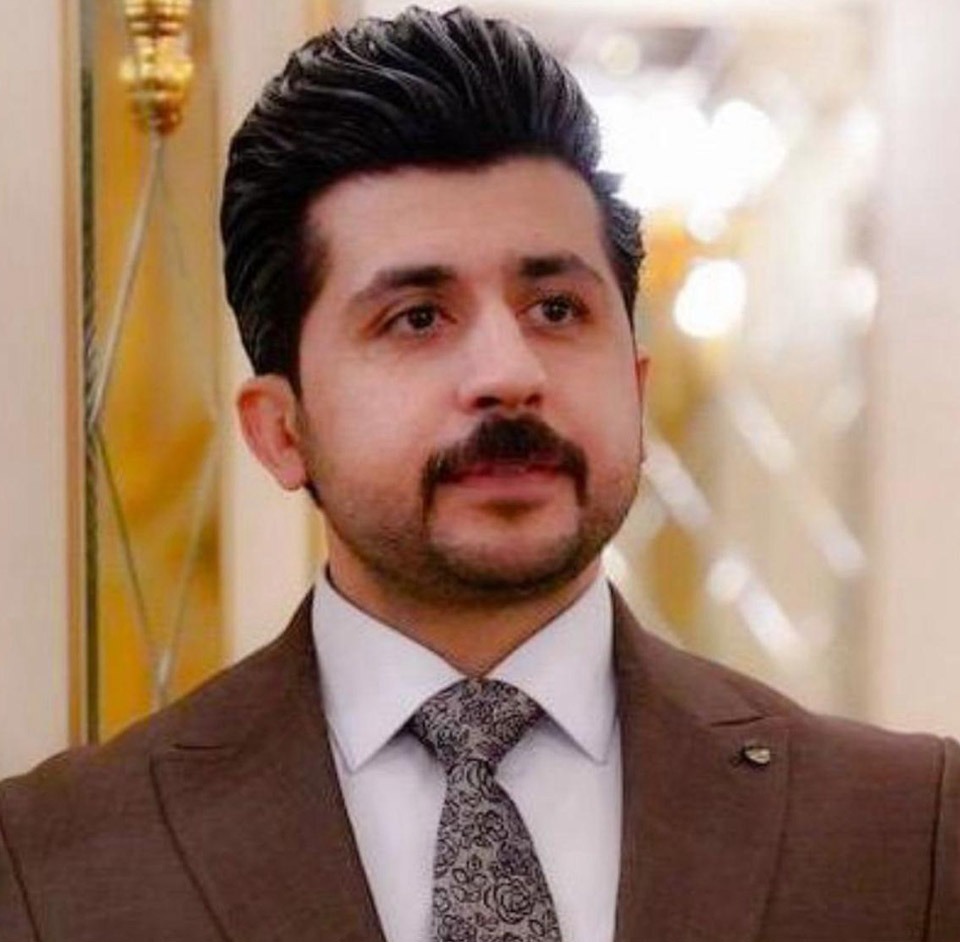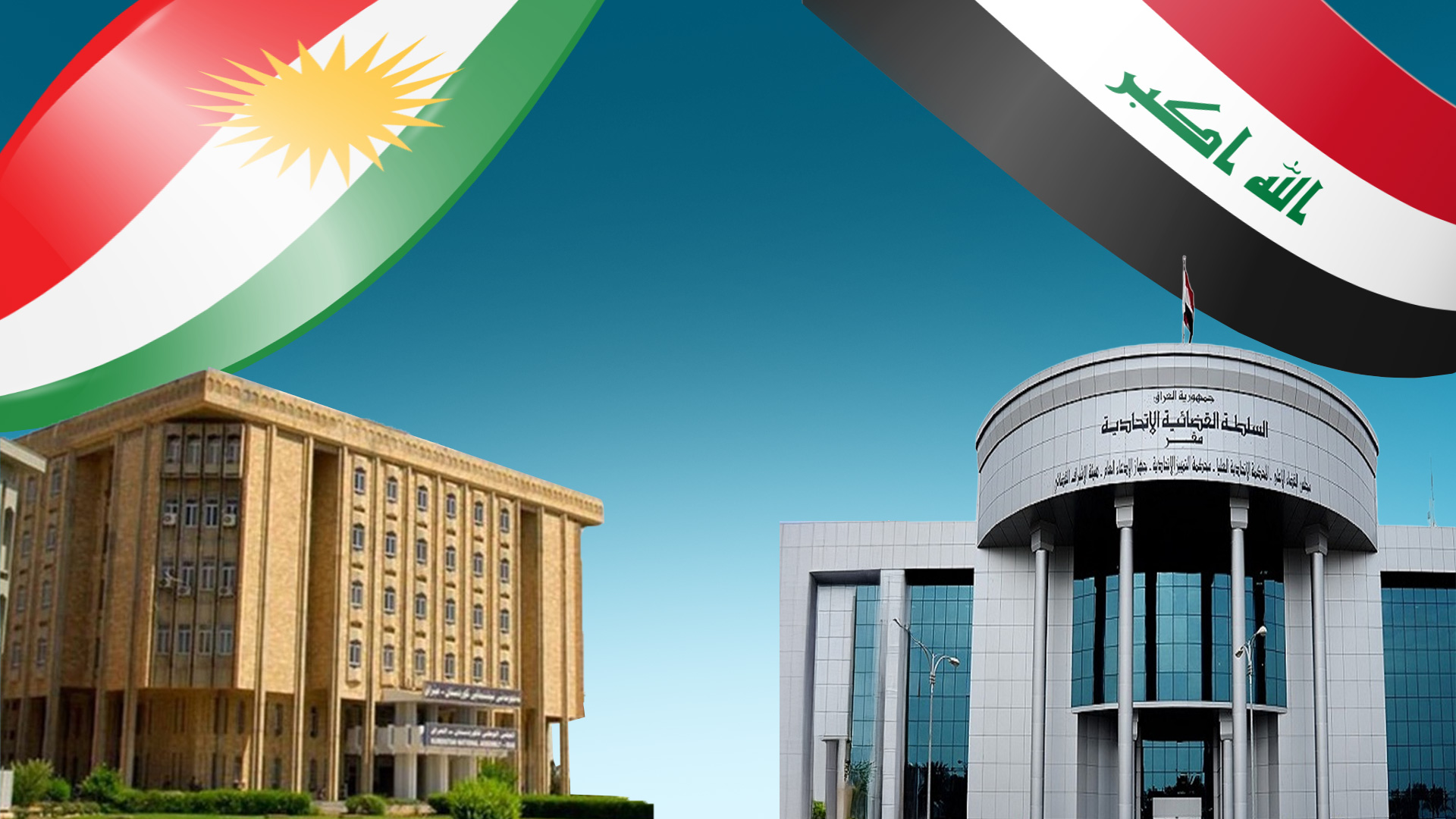
Wissam Massify
Editor
Law or Politics? Examining the Intervention of Iraqi and Kurdistan Region Administrations
Unless the core constitutional ambiguities are resolved and there is genuine political will for a true power-sharing agreement, the cycle of judicial intervention and political conflict is likely to continue.

By Wissam Massify
The Iraqi State, established by societies transitioning from Ottoman to Iraqi citizenship without ethnic or religious differences under the International Covenants, announced its independence in 1932, which was subsequently recognized by the League of Nations. After 1958, the Iraqi Military Authorities, who ascended to power via revolutions, disregarded numerous democratic rights according to the stipulations of the declaration, while bestowing certain privileges upon the Kurdish ethnic minority. In the constitutional formulations of 1958, 1963, 1964, and 1968, the Kurds were recognized as state partners alongside the Arabs. Due to the disputes between the Kurdish tribes and the Iraqi administrations, new concessions were granted to the Kurds through the autonomous agreements of 1970 and 1974. Subsequently, it established Kurdistan as an independent autonomous province.
Moreover, the most recent decisions of the Iraqi Federal Court concerning the direct disbursement of civil servants' salaries in the Kurdistan Region of Iraq (KRI) and the elimination of minority quota seats, in addition to the segmentation of the KRI into a minimum of four electoral districts, have reignited discussions regarding federalism in Iraq and the future dynamics of Baghdad-Erbil relations. These rulings underscored the pressing necessity for a definitive clarification of this relationship, which has experienced repeated fluctuations since the approval of the Iraqi constitution in 2005.
However, the postponement in enacting the customs law this legislation governs customs operations as well as assets between Baghdad and Erbil at border crossings and airports within the KRI. Article 114 of the constitution delineates the shared authority between the federal government and the regional administration in overseeing the customs of the KRI. Despite Erbil’s 2020 agreement to transfer half of its customs revenues to Baghdad, a persistent dispute continues due to a lack of mutual trust between the two sides. Unlike the issue of oil and gas, the resolution to this matter is more likely to be the establishment of an Iraqi committee, incorporating international experts, to examine customs systems in federal nations and identify the most appropriate framework for regulating customs between the federal government and the region.
Nevertheless, the Kurdish factions aspire to include Kirkuk in the KRI, recognizing its potential as a crucial part of the Kurdish people and economic foundation, but numerous politicians in Baghdad assert that Kirkuk should remain to diminish Kurdish influence. Despite Article 140 of the Iraqi constitution mandating the executive authority to "execute the necessary measures to fulfill all subparagraphs of Article 58 of the Transitional Administrative Law," which includes "completing normalization, conducting a census, and culminating in a referendum in Kirkuk and other disputed territories to ascertain the will of their citizens" by a deadline of December 31, 2007, this has not been realized due to intricate political and security factors.
The Iraqi constitution of 2005, under Articles 111 and 112, the constitution asserts that oil and gas are collectively held by the citizens of Iraq. It also grants the federal government and the producing regions and governorates the ability to "manage" oil from "existing fields" (those producing in 2005). The KRG views this as granting regional governments the authority to administer newly discovered reserves, as oil and gas are not solely under federal jurisdiction. Moreover, Article 115: This article stipulates that in the event of a conflict between regional and federal law, regional law prevails in areas not primarily designated for federal jurisdiction. The KRG contends that because oil and gas administration is not enumerated as an exclusive federal authority in Article 110, its 2007 Oil and Gas Law, which permits contract signing, is the authoritative legislation.
Take into consideration that the interplay between law and politics in the Baghdad-Erbil connection constitutes a cycle of political power conflicts, constitutional uncertainties, and economic disputes. The issues are so intricately connected that legal conflicts rapidly evolve into political crises, necessitating external action to avert further escalation. The outcome is a continuous state of tense relations, with transitory accords providing merely short-term solutions instead of a durable resolution.
The majority of Baghdad Shia political forces believe that centralizing power and wealth, especially oil, will strengthen the federal government and prevent a Kurdish separation. They see the KRG's independent oil sales as a threat to their ambitions. Some Shia political forces and militias have been vocal and active in this area. Reports say that some of these parties, particularly those with Iranian ties, want to damage the KRG's independent energy industry to sustain Iraq's dependence on Iranian gas and weaken the U.S. influence in Iraq.
Finally, the implementation of the Iraqi 2005 Constitution is inherently non-neutral. It is a political maneuver cloaked in legal terminology. The Federal Supreme Court, as the paramount interpreter of the constitution, has repeatedly rendered decisions that promote the centralization of authority in Baghdad, enabling the federal government to exert its influence over the KRG. These judicial interventions, which tried to present an appearance of constitutional legitimacy, were motivated by a profound political contest for power. Unless the core constitutional ambiguities are resolved and there is genuine political will for a true power-sharing agreement, the cycle of judicial intervention and political conflict is likely to continue.
The views expressed in this article are those of the author and do not necessarily reflect the editorial stance of Kurdistan24 English.